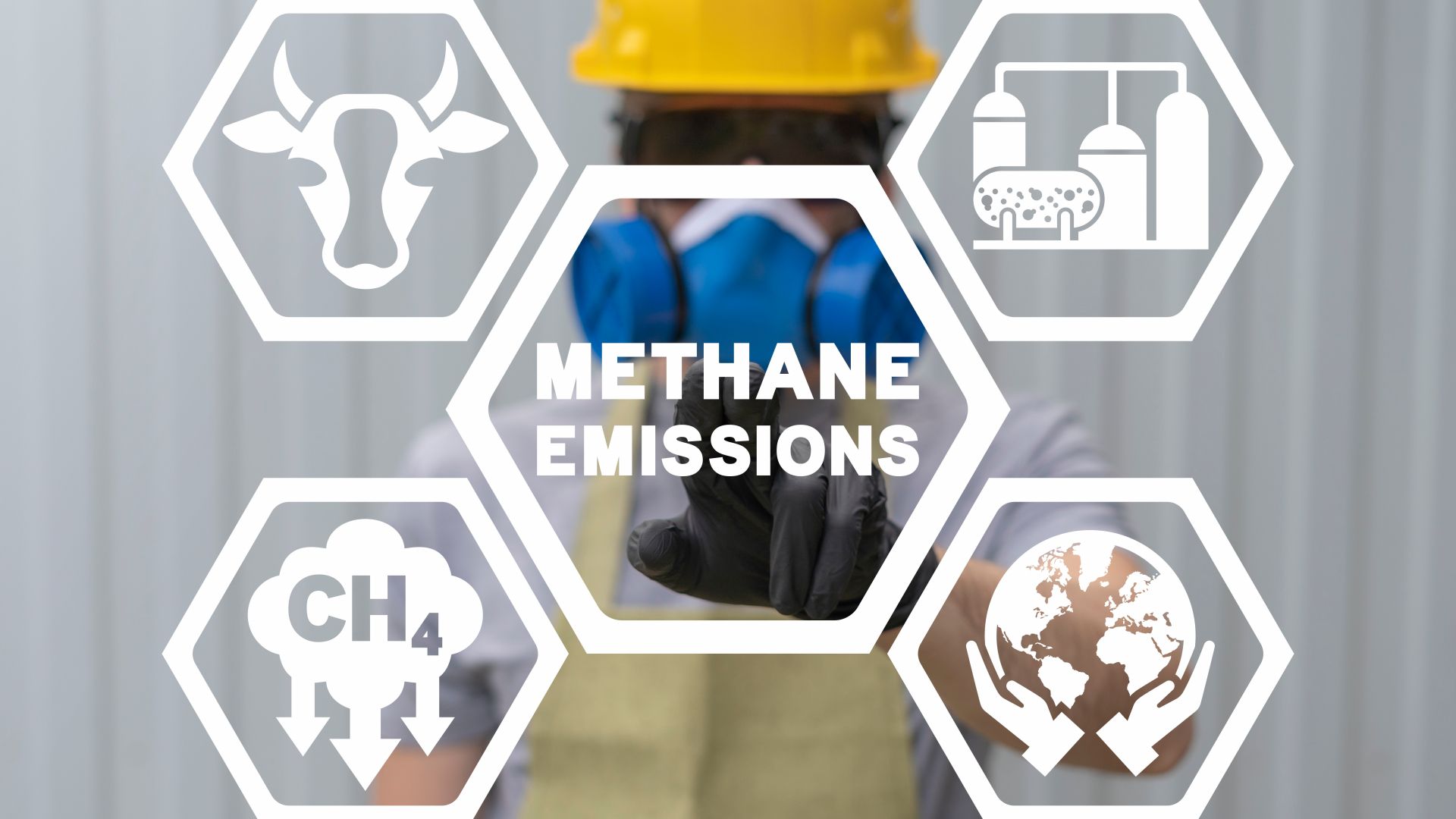Tomorrow, the European Parliament is set to approve the first-ever EU regulation on methane reductions in the energy sector, a key tool to mitigate climate change in line with the EU’s 55% emissions reduction goal by 2030.
Methane is over 80 times more climate damaging than CO2. Due to its shorter atmospheric lifetime of approximately 15 years compared to CO2’s 100+ years, reducing methane emissions can yield quicker positive outcomes. Currently, around one third of all greenhouse gases apply to methane, making it the second most harmful gas after carbon dioxide.
Thanks to this regulation, the EU will be able to measure and reduce methane emissions in its energy sector. It will apply to all production, distribution and use of all fossil fuels - oil, fossil gas and coal - with potential releases or leaks of methane.
The S&D Group successfully improved the European Commission’s proposal by ensuring that future imports will also be subject to the same requirements as those in the EU. We also secured a methane reduction roadmap, which requires the Commission to come up with a reduction plan for methane by 2025 for all sectors beyond energy, in line with the Methane Pledge that the EU committed to at COP26 in 2021*.
Günther Sidl, S&D negotiator for the committee on environment, public health and food safety, said:
“If we want to make real progress in the fight against climate change, we need to put methane as a priority. As the second most important greenhouse gas, it’s clear that we can’t afford to ignore it any longer. Thanks to recent efforts like the Methane Pledge and COP26, we finally have the momentum we need to take real action, starting with energy. Soon, other sectors such as agriculture, waste and wastewater need to follow this good example.”
Jens Geier, S&D negotiator for the committee on industry, research and energy said:
“It is urgent for the EU to tackle its methane emissions in its energy sector. The EU’s methane regulation takes into account the entire production chain, spanning from methane leaks in wells or coal mines to the components involved. We obtained enhanced measures to promptly detect and repair leaks in gas pipelines, while ensuring the safety of workers and the security of supply. For inactive coal mines, we incorporated successful experiences of EU member states in mitigating methane emissions in the regulation. For active coal mines, we adapted the methane reduction requirements to ensure a just transition for workers.
“Let me be clear that as long as we continue to extract fossil fuels, we will be dealing with methane. Phasing out fossil fuels therefore continues to be the best climate protection. Extracting and burning methane remains the second-best solution. However, we must take decisive steps to stop uncontrolled methane leaks.”
* The Global Methane Pledge was launched in 2021 and signed by 149 countries and the European Union. It aims to reduce global anthropogenic methane emissions by 30% in 2030 compared to 2020 levels.











